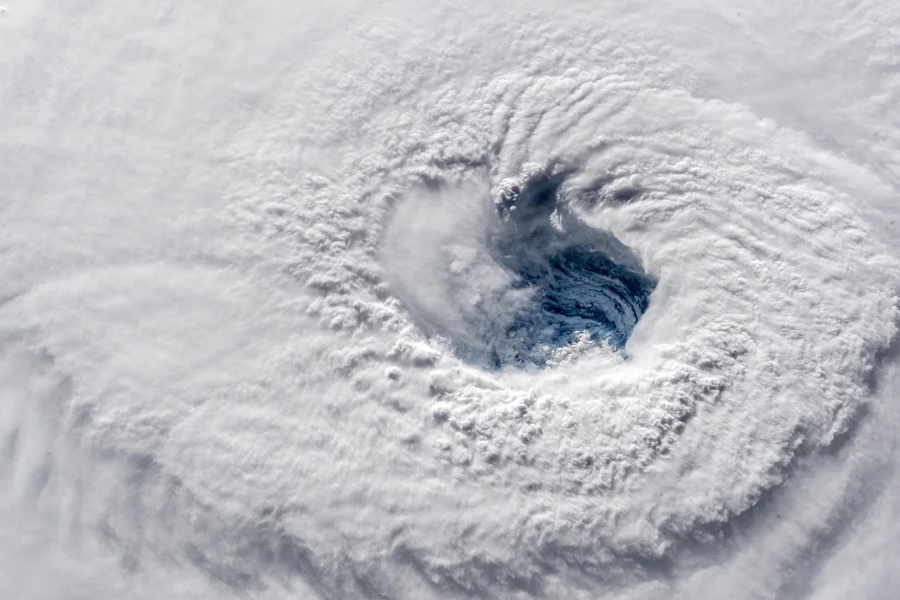Timing and Geography
Hurricane season in the Atlantic typically runs from June 1 to November 30, with peak activity between mid-August and late October. Coastal regions, including the Caribbean, Gulf of Mexico, and the Eastern U.S., are the most vulnerable to hurricane impacts. Understanding the timing and geography of hurricane season can help investors make well-timed decisions.
Economic Impact
The economic impact of hurricanes can b https://mainguestpost.com/ significant and far-reaching, affecting both businesses and individuals. The consequences include:
- Property destruction in affected areas
- Disruption of business operations leading to lost revenue
- Supply and demand shifts for essential goods
- Increased insurance payouts and potential hikes in premiums
- Government relief spending and reconstruction efforts
These factors can ripple across different industries, creating both risks and opportunities for investors.
Historical Trends
When analyzing hurricane season’s economic impact, historical trends provide valuable insights. In recent decades, we’ve seen an increase in the frequency and intensity of storms, which has amplified the economic costs. The severity of the impact often depends on the storm’s strength and the how to invest in anticipation of hurricane season location of landfall. Additionally, recovery periods can vary greatly across regions, with some communities bouncing back quicker than others.
Sectors Affected by Hurricane Season
Several industries face disruptions during hurricane season, while others experience increased demand. Here’s a breakdown of the sectors to watch:
Insurance
The insurance industry bears the brunt of hurricane season through:
- Increased claims and payouts from property damage
- Potential for higher premiums after severe storms
- Reinsurance demand shifts, depending on storm severity
While this sector faces risks, companies with robust capital reserves and effective risk management strategies how to invest in anticipation of hurricane season may perform well in the long term.
Construction and Home Improvement
These sectors often see heightened activity due to:
- Rebuilding efforts following hurricane destruction
- Increased demand for renovations and storm-proofing homes
- Rising need for building materials and services
Investing in companies involved in construction and home improvement, such as Home Depot or Lowe’s, can present opportunities during this period.
Energy
Hurricanes significantly affect the energy sector, particularly in regions like the Gulf of Mexico. Key impacts include:
- Disruptions to oil and gas production
- Damage to refineries and distribution infrastructure
- Energy price fluctuations, depending on supply chain disruptions
Companies with divers how to invest in anticipation of hurricane season ified energy operations, or those involved in the renewable energy space, may be more resilient during these events.
Retail
Retail businesses can experience short-term boosts or long-term challenges depending on the nature of the storm:
- Emergency supplies like water, food, and batteries see spikes in demand before a hurricane hits
- Supply chain disruptions can affect inventory levels for non-essential goods
- Long-term shifts in consumer spending patterns can impact retail sales post-storm
Transportation
The transportation sector is vulnerable to storm-related disruptions:
- Shipping routes and port operations can be delayed or halted
- Increased demand for logistics services during recovery efforts
- Potential damage to infrastructure like roads, bridges, and airports
Investment Strategies for Hurricane Season
Investing in anticipation of hurricane season requires strategic planning to balance risks with opportunities. Here are severalhow to invest in anticipation of hurricane season strategies to consider:
Direct Investments in Affected Sectors
Investors can capitalize on sectors that benefit from the aftermath of hurricanes, including:
- Home improvement retailers (e.g., Home Depot, Lowe’s)
- Construction companies involved in rebuilding efforts
- Disaster recovery firms and waste management companies that see increased demand post-hurricane
Insurance and Reinsurance Opportunities
Consider investing in:
- Well-capitalized insurance companies that have the ability to absorb the cost of claims
- Reinsurance companies, which provide additional coverage to insurers during disasters
- Catastrophe bonds and insurance-linked securities, which offer exposure to hurricane-related risks and rewards
Energy Sector Plays
Investments in energy may include:
- Oil and gas companies with operations outside of vulnerable regions
- Renewable energy firms that may benefit from infrastructure rebuilding
- Energy infrastructure companies involved in repair and reconstruction efforts
Defensive Investments
For a more conservative approach, focus on:
- Utilities that have weathered past hurricanes successfully
- Consumer staples companies providing essential goods and services during and after storms
- Healthcare companies, which may see increased demand in hurricane-affected regions
Real Estate Considerations
Real estate investors should assess:
- REITs that focus on properties in less hurricane-prone regions
- Inland areas that may benefit from population shifts after a hurricane
- Companies specializing in storm-resistant construction materials and designs
Timing Your Investments
Timing is crucial when investing during hurricane season. Using historical data and weather forecasts can help you anticipate market movements. Here’s how to plan:
- Pre-season positioning: Begin researching and identifying potential investment targets 2-3 months before hurricane season.
- During-season strategies: Stay informed on storm developments and be prepared to act quickly on short-term opportunities.
- Post-season evaluation: After the season, assess your investment performance and begin planning for the next year.
Risk Management
Investing during hurricane season requires a solid risk management strategy. Key approaches include:
- Diversification: Spread your investments across multiple sectors to reduce exposure to any single industry affected by hurricanes.
- Hedging: Consider put options on vulnerable stocks, inverse ETFs, or commodity futures to hedge against potential losses.
- Long-term perspective: Avoid making drastic changes based solely on short-term forecasts. Focus on your long-term investment goals and treat hurricane-related strategies as part of a broader portfolio.
Ethical Considerations
Investors should also take into account the ethical implications of profiting from natural disasters. Supporting companies that focus on sustainable practices and disaster resilience can align your investments with broader social goals, including the following:
- Supporting companies that contribute to recovery efforts
- Investing in sustainable businesses that prioritize environmental resilience
- Considering the long-term impact of investments on hurricane-prone communities
Tools and Resources for Hurricane-Related Investing
Successful investing during hurricane season involves staying informed. Utilize these tools:
- Weather data: National Hurricane Center forecasts, satellite imagery, and climate models.
- Financial analysis: Stock screeners, sector-specific ETFs, and risk assessment tools.
- Expert insights: Seek advice from meteorologists, climate scientists, and industry specialists.
Case Studies
Studying past hurricanes like Katrina (2005), Harvey (2017), and Dorian (2019) can provide valuable lessons in how different sectors and regions react. These case studies show the importance of resilience and adaptability in disaster-prone markets.
Future Trends in Hurricane-Related Investing
With climate change leading to more frequent and severe storms, hurricane-related investing is set to become a growing focus. Look for opportunities in:
- Climate-resilient infrastructure
- Predictive analytics and AI for better forecasting
- Sustainable recovery solutions such as green building techniques
Conclusion
Investing in anticipation of hurricane season requires a thoughtful, well-researched approach. While the risks are undeniable, the potential for profit exists, particularly in sectors like construction, insurance, and energy. By staying informed, diversifying your portfolio, and considering the ethical dimensions, you can create a balanced strategy that navigates the challenges of hurricane season while contributing to broader recovery efforts.
Discover valuable content and unique viewpoints from leading voices across various fields on MainGuestPost.com.












Leave a Reply